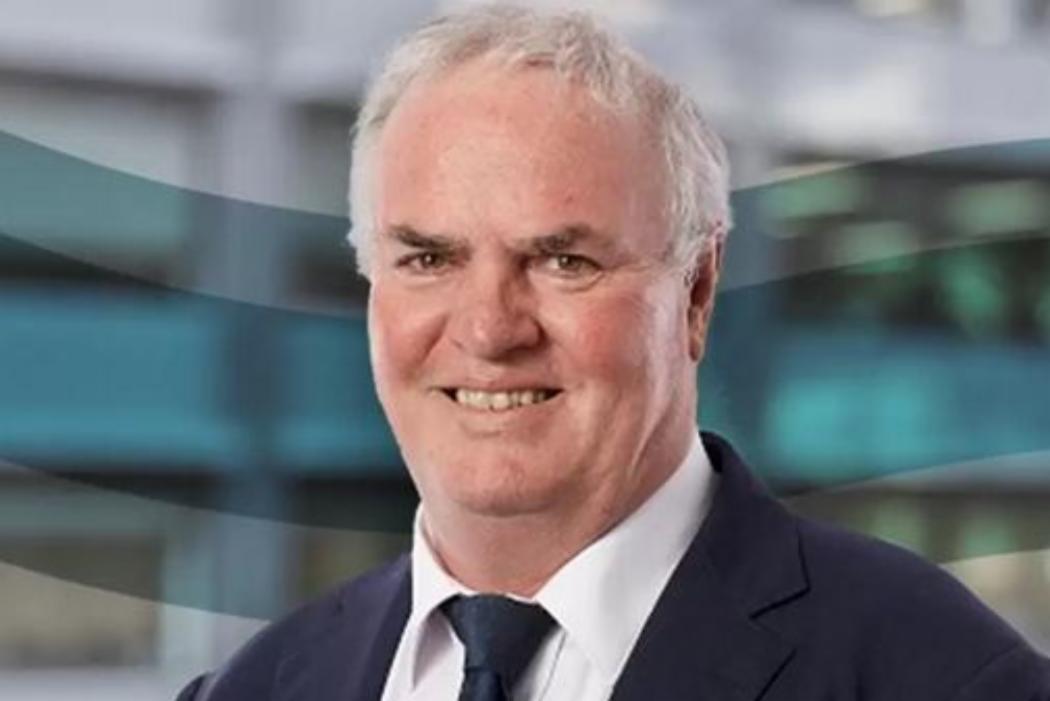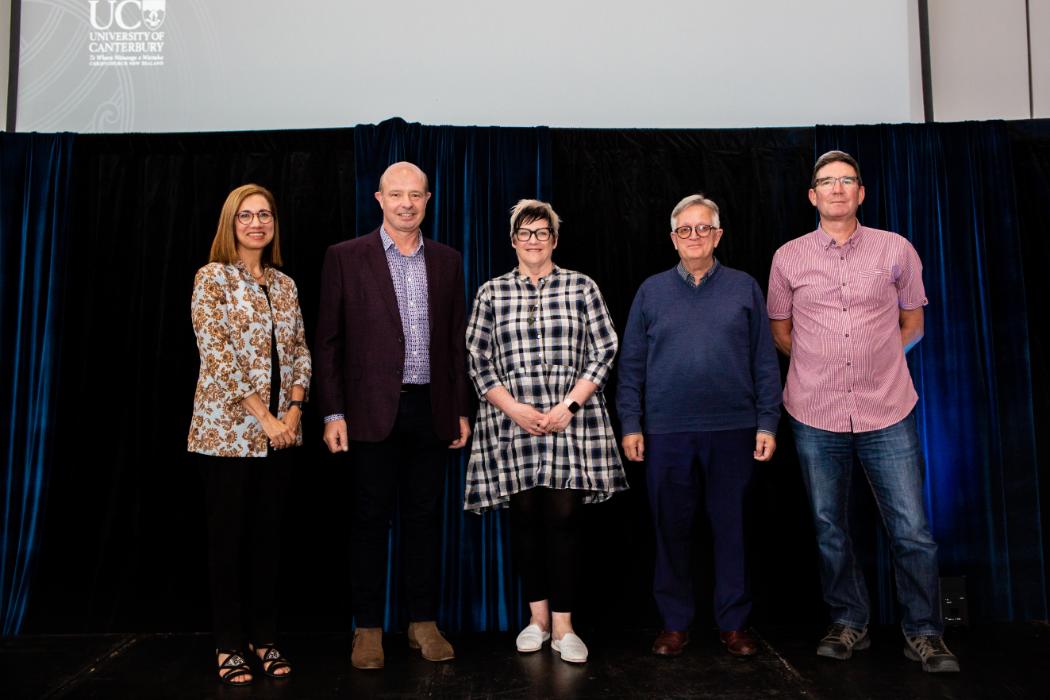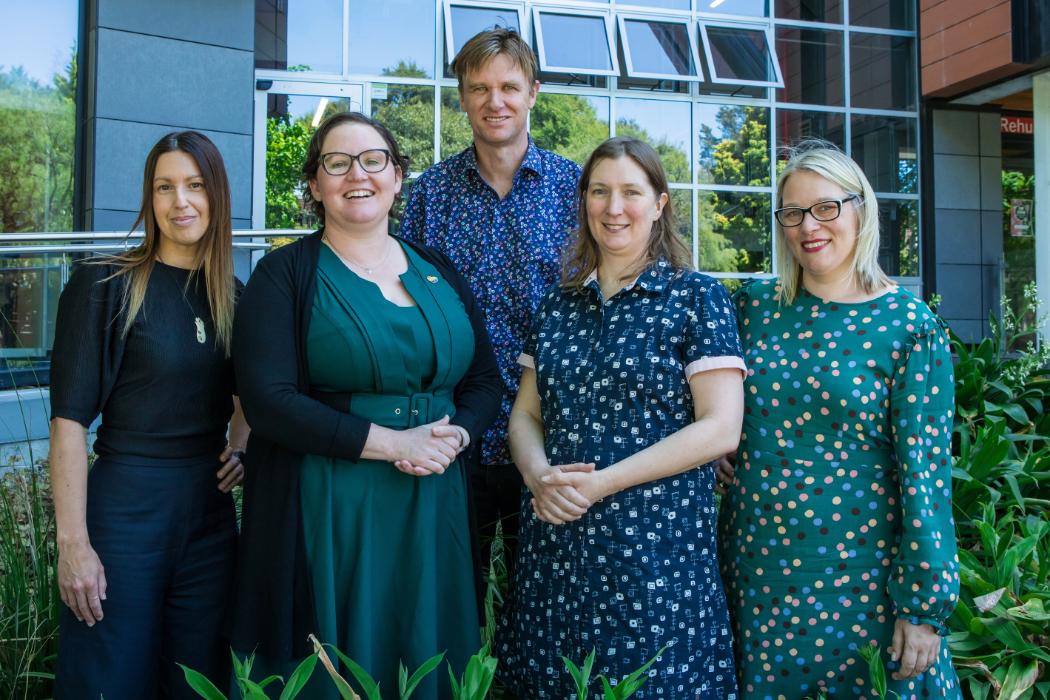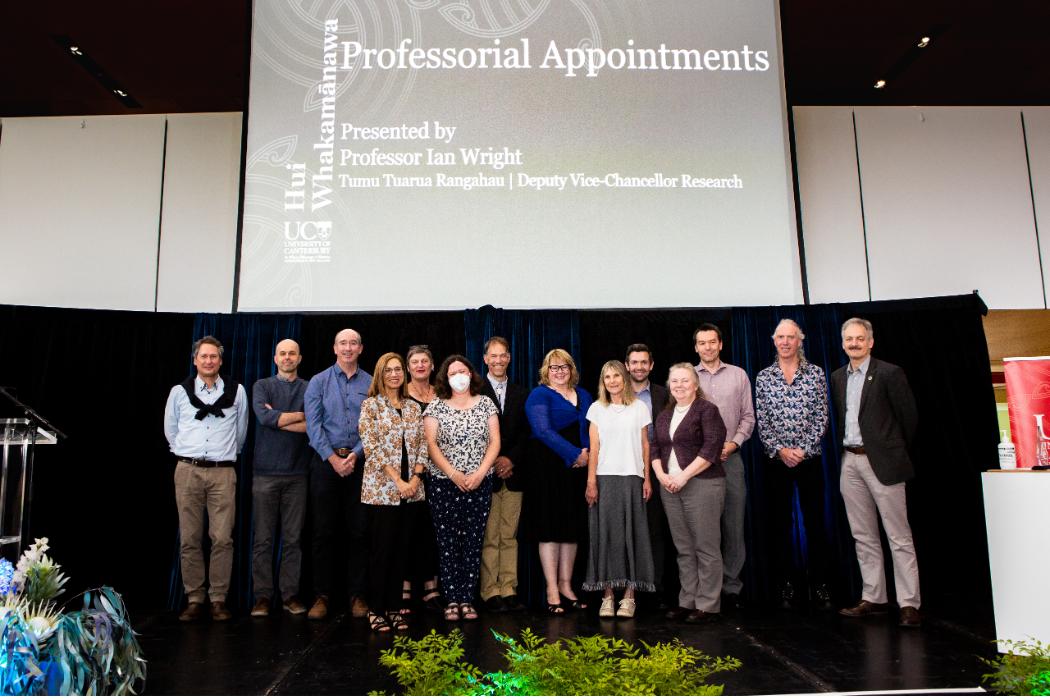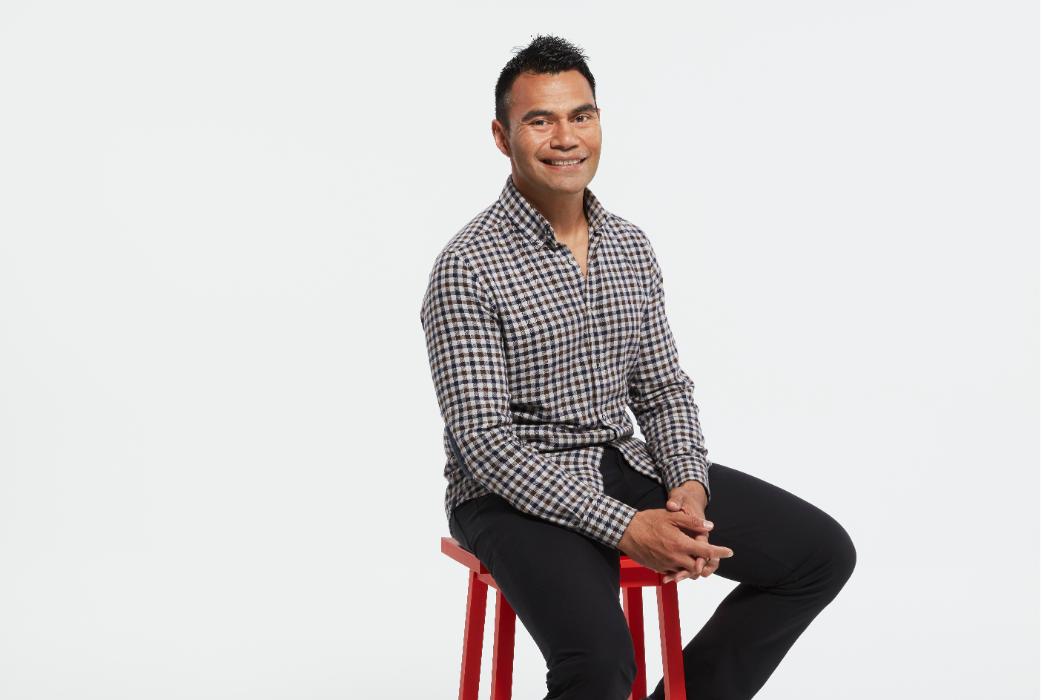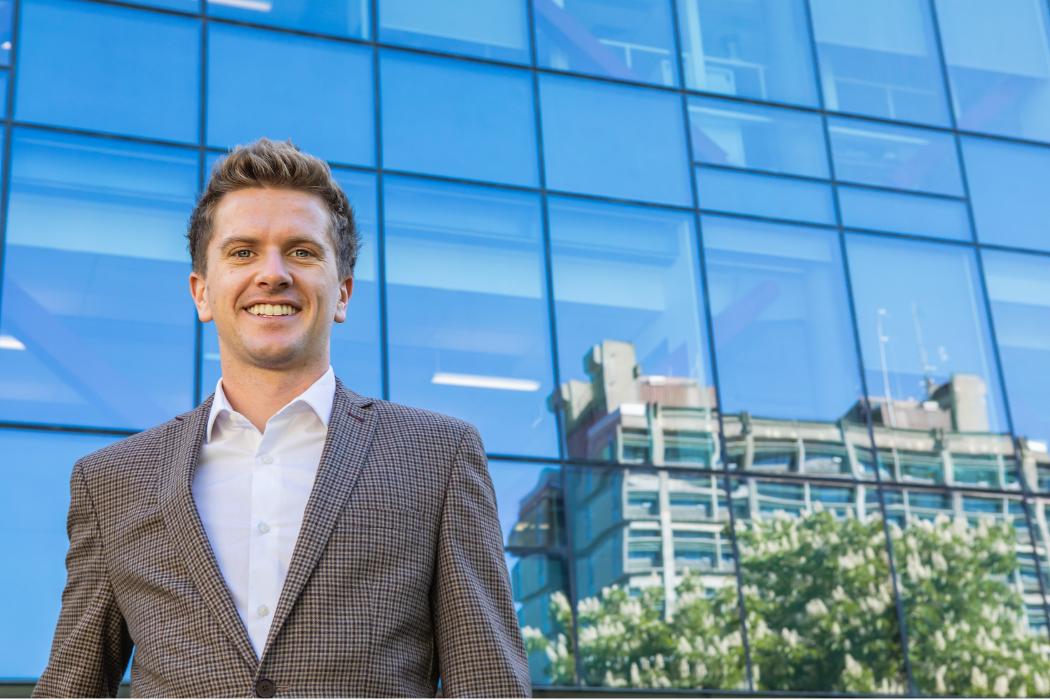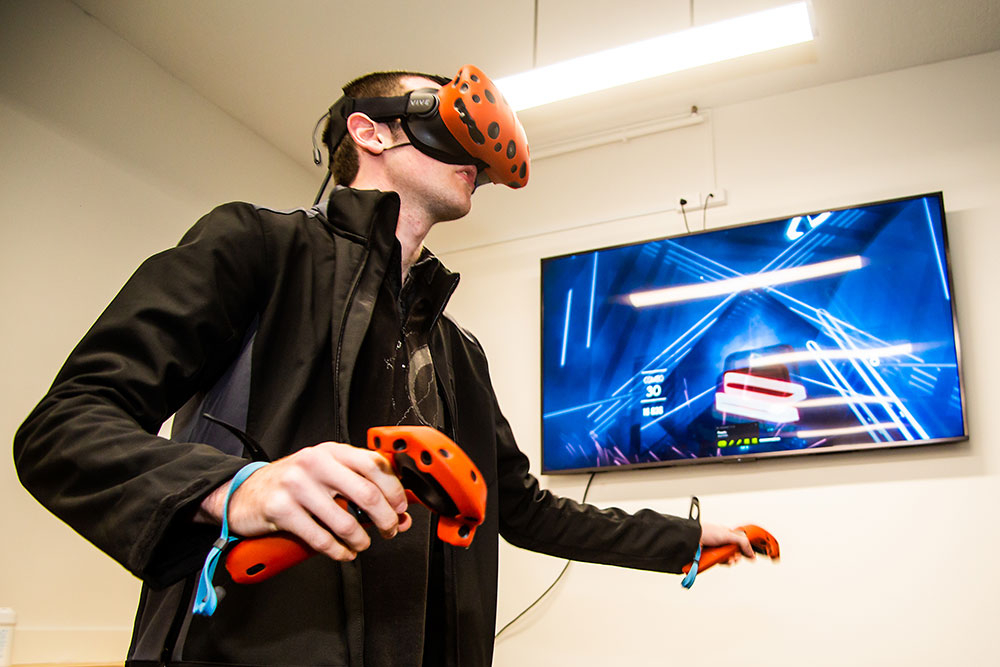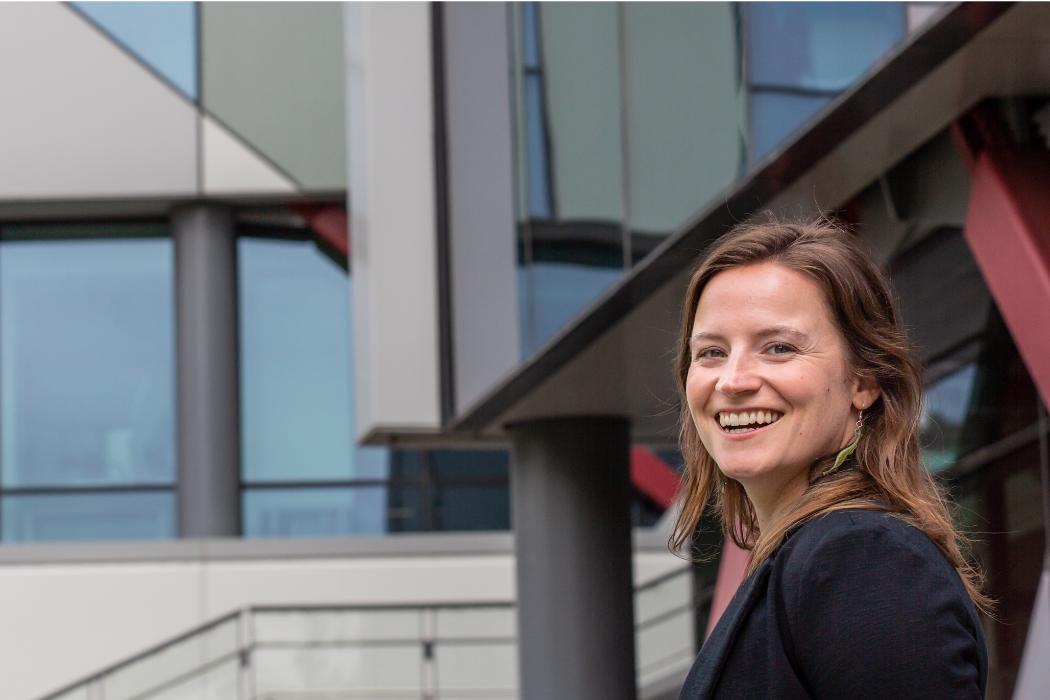His huge contribution to geotechnical engineering here and internationally, and his role in the recovery phase after the Canterbury earthquakes have been recognised by the UC Council which has awarded him a 2022 UC Research Medal.
Professor Cubrinovski was five years old in 1963 when a massive tremor hit his home city Skopje, the capital of Macedonia, causing over 1000 fatalities.
The city was rebuilding as he grew up, and after witnessing the importance of quake engineering, he studied at the Institute of Earthquake Engineering and Engineering Seismology in Skopje. His area of expertise is soil behaviour and liquefaction during quakes, and how this affects buildings and infrastructure.
Professor Cubrinovski says he finds it a “fascinating” field of research. “The geotechnical area is very challenging and extremely interesting. It’s also highly relevant. There will always be earthquakes on this planet, and we need to find better ways of dealing with their impacts.”
The disastrous impact of liquefaction in Christchurch following the Canterbury earthquakes was arguably the most significant liquefaction event in history from a scientific and engineering perspective, he says, causing between $12 billion and $15 billion in economic losses and a severe long-term impact on communities.
“Our research contributions and massive collaborative research efforts within New Zealand and with our international partners contributed to this status of the Christchurch liquefaction studies,” he says.
“Looking back over the past 12 years or so, I am really glad that I was here in Christchurch able to help the community and New Zealand geotechnical profession. All that previous preparation, knowledge and experience suddenly came to fruition.
“We used all that wealth of information and observations from actual earthquakes to make some leading research contributions that have attracted worldwide attention and recognition.”
Professor Cubrinovski played a key leadership role in research and recovery efforts following the earthquakes, including analysis for the Canterbury Earthquakes Royal Commission, and providing expert opinion and advice to government, regional and professional agencies, and the wider engineering community.
He was a lead member of the Ministry of Business Innovation and Employment Working Group and wrote the first module of the Guidelines for Earthquake Geotechnical Engineering in New Zealand, which was focused on liquefaction and published in July 2010, two months before the Canterbury earthquakes began.
Professor Cubrinovski says the guidelines were timely and have been used extensively by the profession.
He also experienced earthquakes in Japan, where he completed his PhD at the University of Tokyo and worked for 15 years.
“During my time in Japan, about 10 strong earthquakes hit major cities and densely populated areas throughout Japan. Observations from these earthquakes and explaining what happened, provided great research challenges and some of the best learning opportunities.”
He is delighted to receive the UC Research Medal. “UC is a great university, with many prolific and internationally accomplished researchers. It is a place that I consider my professional home, which makes this award very special and close to my heart.”
Professor Cubrinovski says the Canterbury earthquakes remain a key focus for the next stage of his career.
“There are several research projects emanating from the Canterbury earthquakes that I would like to bring to a successful conclusion, as they involve novel contributions and address issues that in my view are key to further advancements of the state-of-the-art knowledge in my field of research.”
Read more about UC Council’s 2022 medallists here.

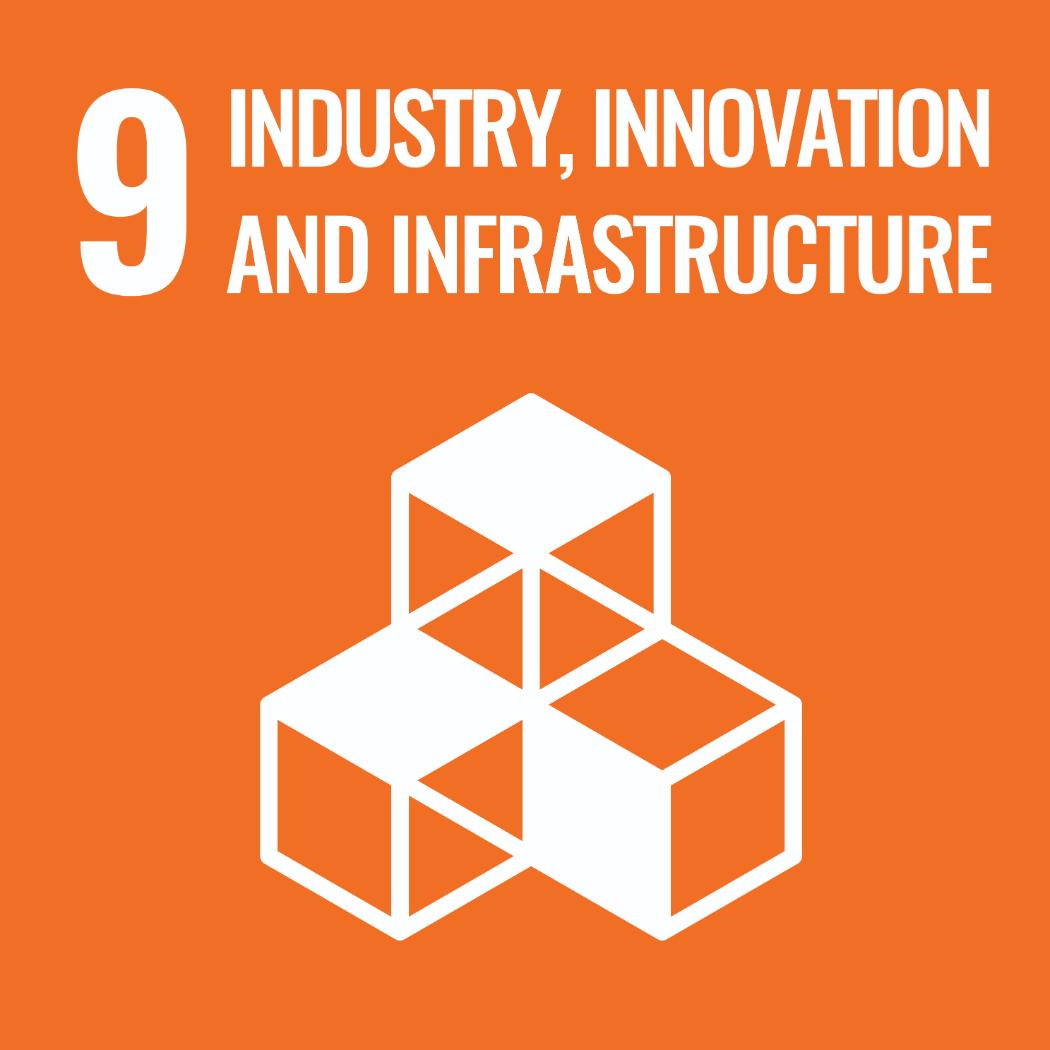
.png)
